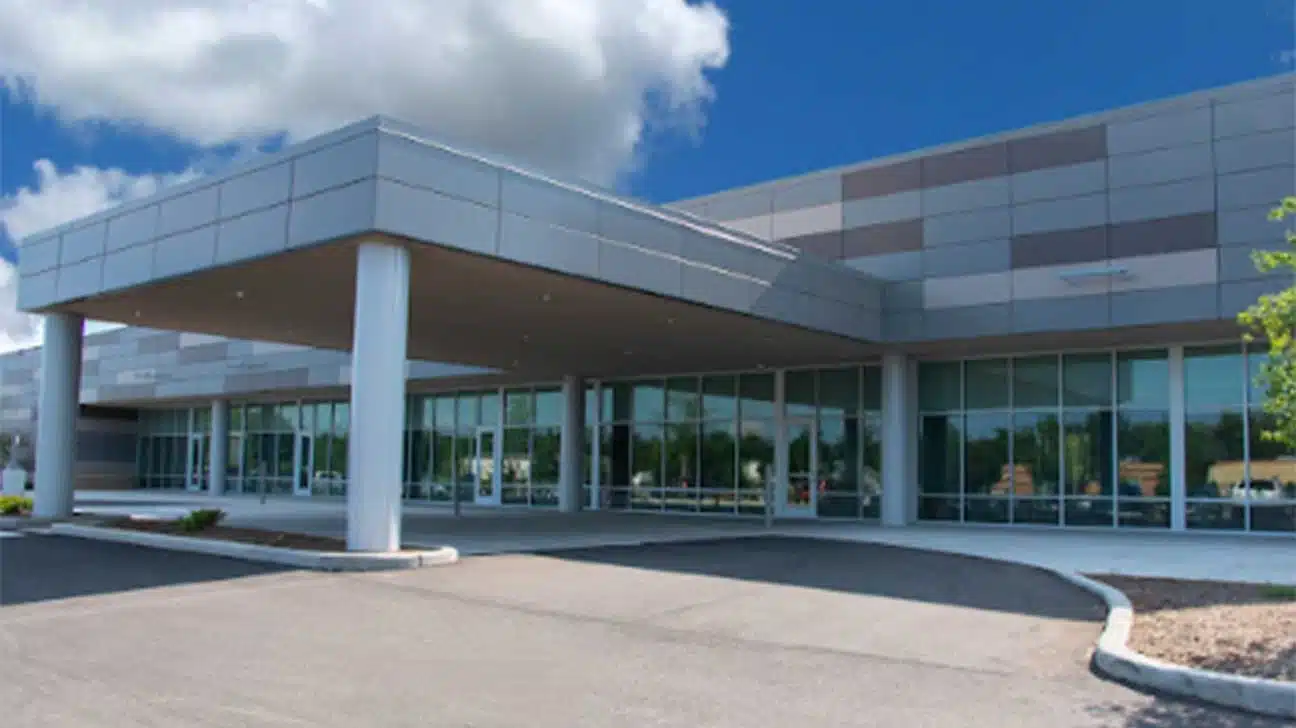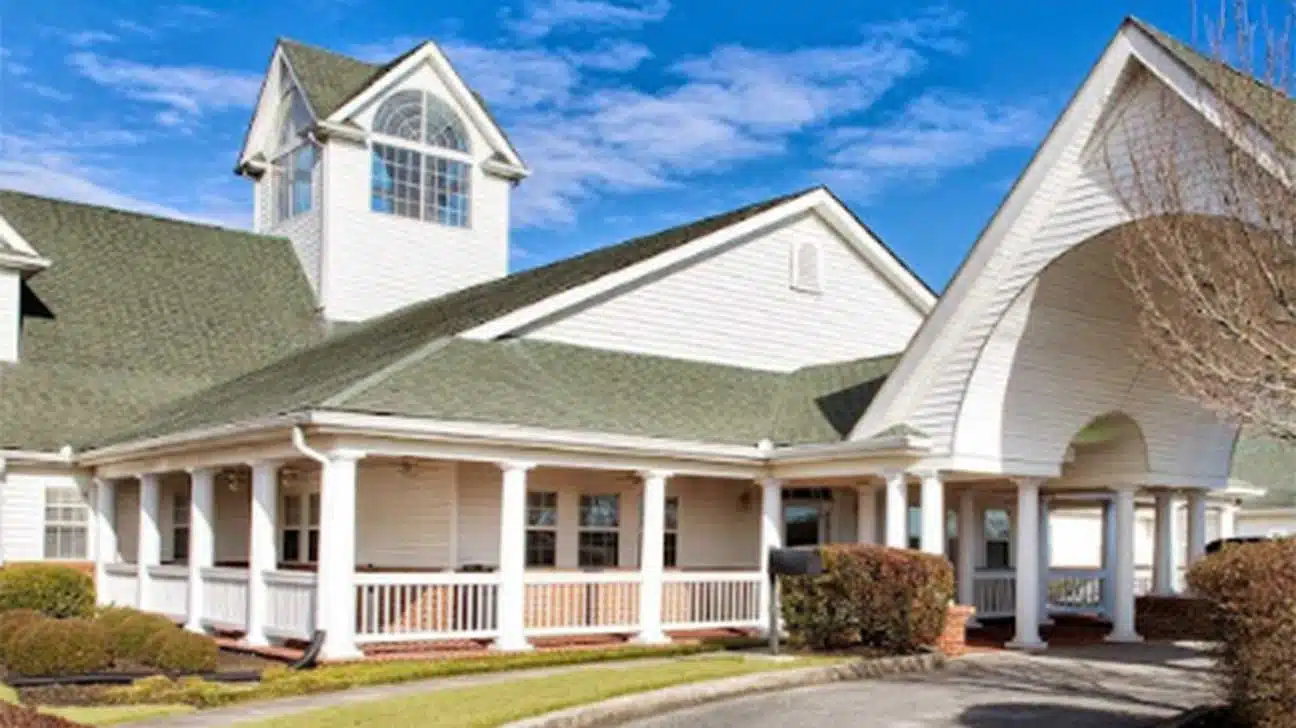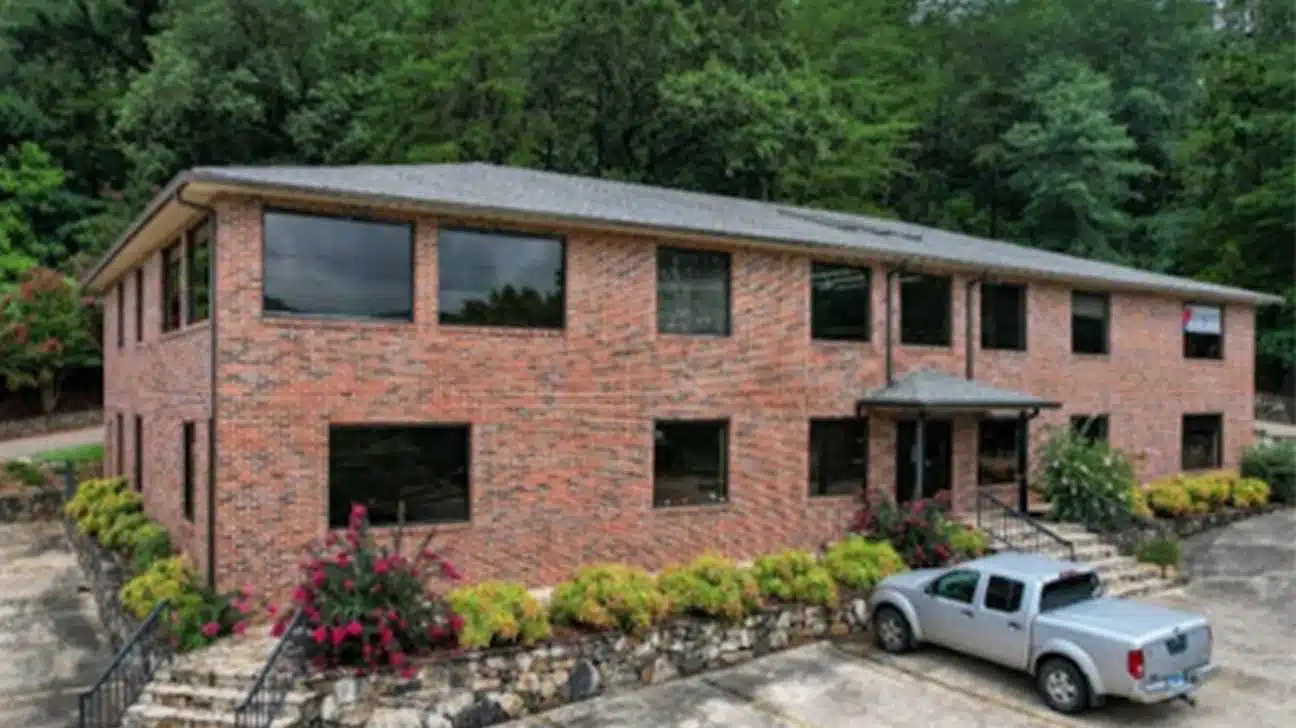
Recovering from substance use disorders and co-occurring mental illnesses can begin in a Tennessee drug rehabilitation facility.
Below we’ve listed three drug rehab centers in Hamilton County, TN, that encourage long-term recovery through evidence-based treatment and various other medical services.
List Of Drug And Alcohol Treatment Facilities In Hamilton County, Tennessee
The following addiction treatment providers in Chattanooga, TN, are licensed by the Tennessee Department of Mental Health and Substance Abuse Services.
1. Erlanger Behavioral Health Hospital, Chattanooga, Tennessee
Erlanger Behavioral Health Hospital offers outpatient, detox, and inpatient treatment to clients with drug use or mental health disorders.
Addiction recovery programs offered in this facility include:
- standard outpatient program (OP)
- partial hospitalization programs (PHP)
- intensive outpatient programs (IOP)
- inpatient treatment
- inpatient detoxification
Location and contact information:
804 N. Holtzclaw Ave.
Chattanooga, TN 37404
(423) 380-1005
2. Focus Treatment Centers, Chattanooga, Tennessee
Focus Treatment Centers offers many levels of care, including outpatient, detoxification, and residential programs for young adults and other people battling addiction.
Treatment options and services include:
- PHP
- IOP
- residential detoxification
- short-term residential
- dual diagnosis treatment
Location and contact information:
7429 Shallowford Rd.
Chattanooga, TN 37421
(423) 308-2560
3. Iris Wellness Group, Chattanooga, Tennessee
Iris Wellness Group offers outpatient services and treatment options for adolescents and adults with chemical dependency and co-occurring disorders.
Outpatient treatment options and services offered at Iris Wellness Group include:
- OP
- PHP
- IOP
- individual and group therapy for addiction
- case management
- trauma-informed care
Location and contact information:
901 Mountain Creek Rd.
Ste. #100
Chattanooga, TN 37405
(423) 541-0656
Treatment Services Offered In Substance Abuse Rehab Centers In Hamilton County, Tennessee
Continue reading to learn about the various evidence-based and holistic approaches Hamilton County facilities may provide clients.
Substance abuse services offered may include:
- 12-step support group exposure
- referrals to aftercare services, such as sober living or transitional housing
- opioid, opiate, and alcohol detox
- diagnostic assessments
- medication-assisted treatment (MAT)
- family therapy
- employment training
- Matrix Model
- cognitive behavioral therapy (CBT) for addiction
- HIV education
- individual and group counseling
- motivational interviewing (MI)
- relapse prevention
- self-help groups
- peer support
How To Choose A Drug And Alcohol Addiction Recovery Center In Hamilton County, Tennessee
Many people may be unaware of what to look for in an addiction treatment facility. There are certain marks of excellence a facility will display on its website.
Some indicators of high-quality care include:
- accreditations from nationally recognized organizations, such as the Commission on Accreditation of Rehabilitation Facilities (CARF) and The Joint Commission
- affiliations with the U.S. Drug Enforcement Administration (DEA) or the Substance Abuse and Mental Health Services Administration (SAMHSA)
- high Google ratings
- clients testimonials
FAQs About Hamilton County, Tennessee, Drug Rehabilitation Centers
Don’t be alarmed if you’re overwhelmed by the various treatment options offered and are having a hard time choosing a facility.
We’ve answered some frequently asked questions about addiction treatment in Hamilton County, TN, rehab centers to help provide clarity.
Do Hamilton County, Tennessee, Drug Addiction Treatment Centers Accept Medicaid?
While some rehab centers in Hamilton County do accept Tennessee Medicaid for addiction treatment, not all do. You may need to call a facility’s helpline to ask and to verify coverage.
Many Tennessee residents use government-funded health insurance to cover the costs of addiction care and other healthcare services.
Other payment options accepted by local rehab centers may include:
- private health insurance
- Medicare
- payment assistance for qualified clients, such as a sliding fee scale
- TRICARE
What Special Groups May Receive Substance Abuse Healthcare In Hamilton County, Tennessee, Drug Rehab Facilities?
Drug and alcohol addiction affect every demographic. Hamilton County rehab facilities provide specialized addiction treatment for pregnant women, programs for veterans, and more.
Specialized addiction treatment programs in Hamilton County also help:
- children
- young adults
- hard-of-hearing clients
- clients with co-occurring disorders
- people in the LGBTQ community
Can I Find A Long-Form Residential Treatment Program In Hamilton County, Tennessee?
Hamilton County offers many addiction treatment options, but you may need to look outside the area for long-term residential treatment.
Drug treatment centers in Nashville and Knoxville can provide extended residential programs and other treatment options.
Find Drug Abuse Treatment Today
Start your recovery journey today by visiting AddictionResource.net.
Cities In And Around Hamilton County, Tennessee:
Published on May 16, 2023
Addiction Resource aims to provide only the most current, accurate information in regards to addiction and addiction treatment, which means we only reference the most credible sources available.
These include peer-reviewed journals, government entities and academic institutions, and leaders in addiction healthcare and advocacy. Learn more about how we safeguard our content by viewing our editorial policy.
- National Institute on Drug Abuse (NIDA) — Treatment and Recovery
https://nida.nih.gov/publications/drugs-brains-behavior-science-addiction/treatment-recovery - Substance Abuse and Mental Health Services Administration (SAMHSA) — Find Treatment
https://findtreatment.gov/locator - Tennessee Department of Mental Health and Substance Abuse Services — SAPT Block Grant Treatment Providers And Services
https://www.tn.gov/content/dam/tn/mentalhealth/documents/SAPT_Directory_FY22.pdf



